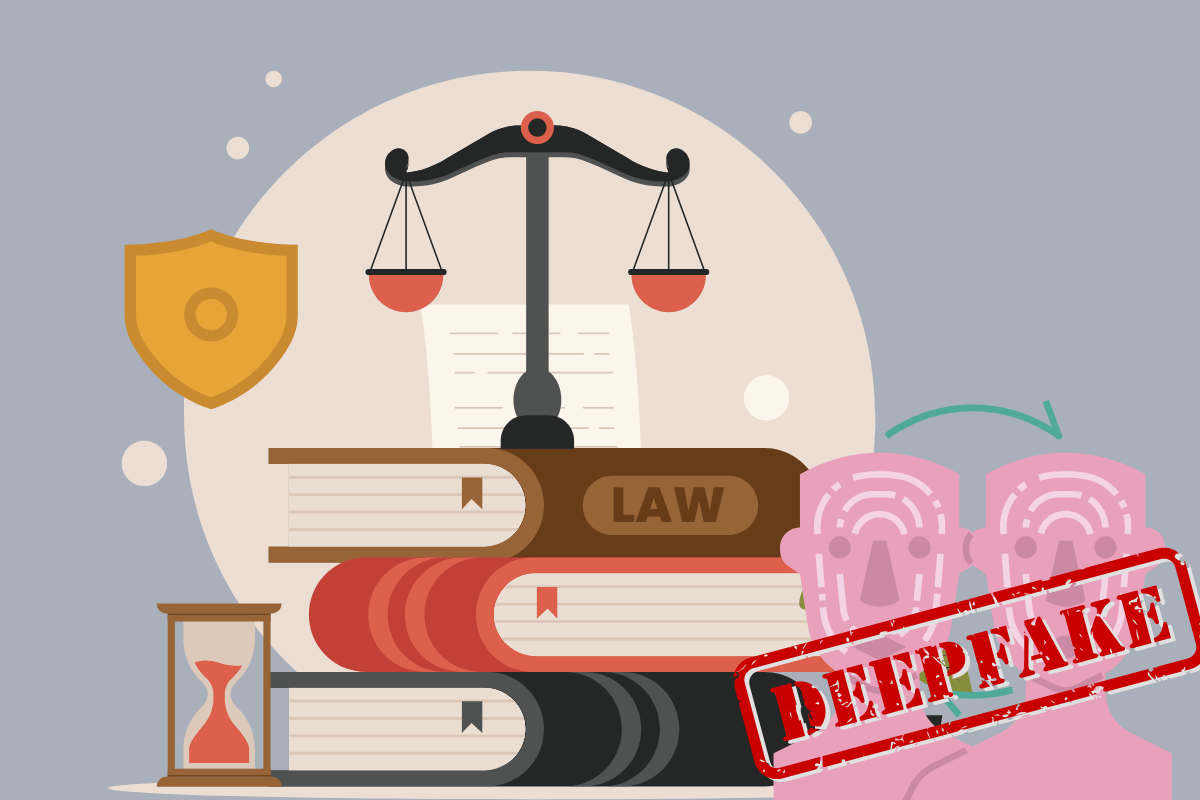California Moves to Regulate AI: New Laws Target Deepfakes and Worker Protections

California is taking significant steps to regulate the rapidly evolving artificial intelligence (AI) industry with a series of legislative proposals aimed at protecting workers, preventing deepfakes, and increasing transparency around AI technologies. This week, California lawmakers approved several bills designed to address the growing concerns surrounding AI, from voter deception and deepfake pornography to the displacement of workers by AI-generated clones. The measures are now on their way to Governor Gavin Newsom’s desk, where they await his signature.
One of the key pieces of legislation approved by the California Legislature is aimed at cracking down on deepfakes, particularly those related to elections. As AI tools become more sophisticated, they are increasingly being used to create deceptive content that can mislead voters. To combat this, lawmakers have passed a bill that would ban deepfakes related to elections, requiring large social media platforms to remove such material within 120 days before and 60 days after Election Day. Campaigns using AI-altered content would also need to publicly disclose this information, ensuring greater transparency in political advertising.
In addition to election-related deepfakes, California is also targeting the use of AI to create child sexual abuse images. Existing laws do not allow district attorneys to prosecute individuals for possessing or distributing AI-generated child sexual abuse material if it does not depict a real person. The new legislation would close this loophole, making it illegal to create, possess, or distribute AI-generated images and videos of child sexual abuse. This measure represents a critical step in protecting minors from exploitation in the digital age.
California lawmakers have also passed a bill that would require tech companies and social media platforms to provide users with AI detection tools. This initiative aims to give consumers the ability to identify AI-generated content, helping them navigate an increasingly complex digital landscape where distinguishing between real and fabricated content can be challenging.
Another significant proposal approved by the Legislature is the implementation of safety measures for large AI models. This legislation would make California the first state in the nation to require developers to disclose the data they use to train their AI models. The goal is to increase transparency and prevent potential risks associated with AI, such as algorithmic discrimination. Additionally, state agencies would be required to establish safety protocols before entering contracts that involve AI models used for decision-making purposes.
The recent months-long Hollywood actors strike has also influenced California’s AI legislation. A plan to safeguard workers—such as voice actors and audiobook performers—from being replaced by AI-generated clones has been approved by lawmakers. This measure echoes the language in the contract SAG-AFTRA negotiated with studios last December, ensuring that workers’ rights are safeguarded in an industry increasingly impacted by AI.
California is also taking steps to enhance AI literacy among its residents. The Legislature has passed bills that would require a state working group to consider integrating AI skills into school curriculums, covering subjects such as math, science, history, and social science. These efforts aim to prepare students for a future where AI plays a central role in various aspects of life and work.
As corporations continue to integrate AI into everyday life, these legislative efforts by California lawmakers represent a proactive approach to managing the risks and opportunities presented by AI. By regulating the use of AI and increasing transparency, California is setting a precedent that other states may follow, shaping the future of AI in a way that prioritizes ethical considerations and the protection of individuals’ rights.
Follow our website for in-depth analysis, tech news, and updates on AI regulations, trends, and innovations that are shaping the future. Don’t miss out—be informed and stay connected with the future of technology.




